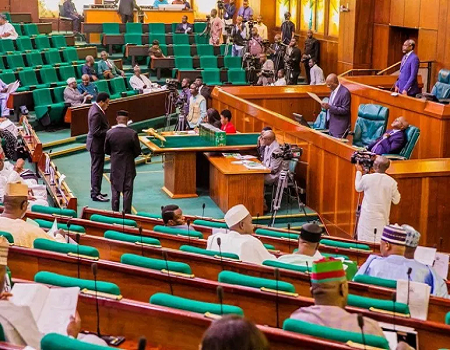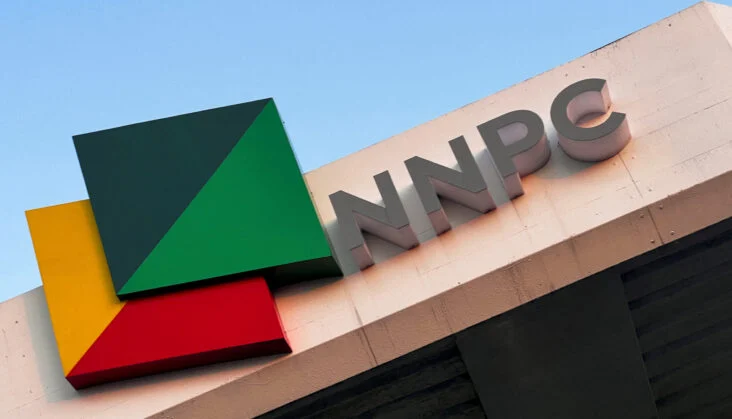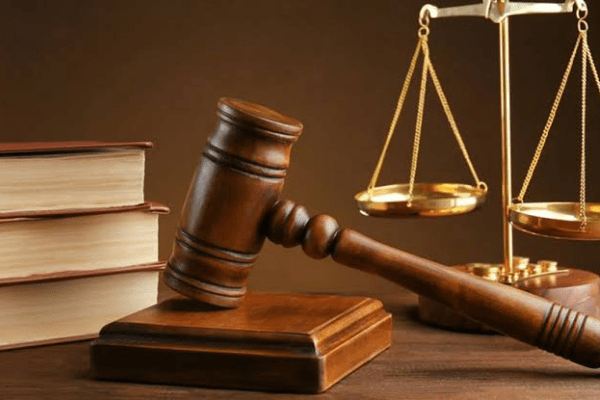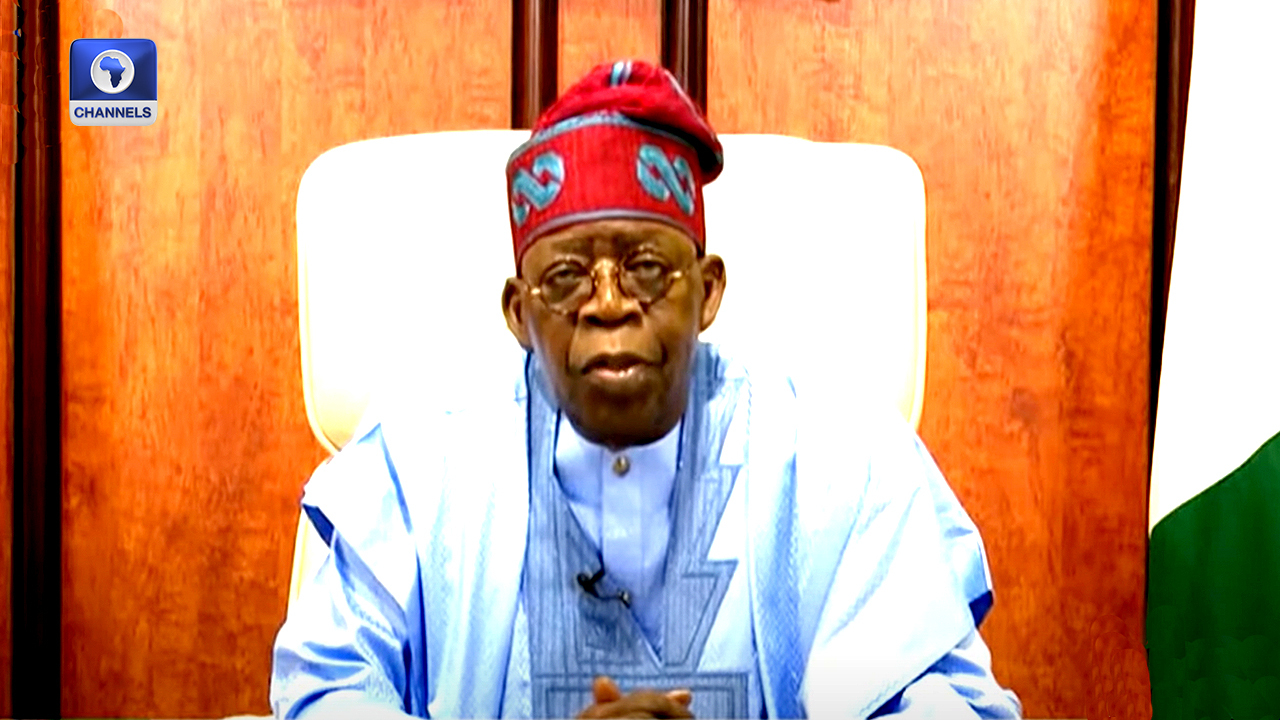A bill seeking to protect witnesses who provide information, evidence and assistance to law enforcement agencies during inquiries, investigations or prosecution has passed third reading at the house of representatives.
The executive bill seeks to “establish a legal and institutional framework to protect witnesses and related persons, with responsibilities for carrying out all administrative duties relating to witnesses and related persons, including providing temporary protection and related services; ensure that the relevant agency takes responsibility for entering into an agreement with the witness on behalf of the state”.
In a rare legislative practice, the lower legislative chamber, on Wednesday, conducted all the procedures of passing a bill on the proposed legislation — first, second, committee consideration and third reading.
The bill proposes that “the relevant agency may enter into an agreement, either in general or on specific terms and conditions with a competent authority in a foreign country in order to — place a protected person under a witness protection arrangement administered by that country; or admit a protected person to witness protection arrangement under any law applicable to that country”.
“Where a witness who has been provided with a new identity under the programme would, apart from this section, be required by or under any law in force in Nigeria to disclose his original identity for a particular purpose; and the relevant agency has given the witness authorisation, in the form prescribed by regulations made under this Act, not to disclose his original identity for that purpose, the witness is not required to disclose his original identity to any person for that purpose.”
The green chamber also passed three other executive bills during the plenary session on Wednesday.
The bills are Terrorism (Prohibition and Prevention) Act (Repeal and Enactment) Bill, 2022; Money Laundering (Prohibition) Act (Repeal and Enactment) Bill, 2022; and Public Interest Disclosure and Protection Bill, 2022.
The Terrorism (Prohibition and Prevention) bill seeks to “provide an effective, unified and comprehensive legal, regulatory and institutional framework for the detection, prevention, prohibition, prosecution and punishment of acts of terrorism, terrorism financing, proliferation and financing of the proliferation of weapons of mass destruction in Nigeria”.
On the other hand, the Money Laundering (Prevention and Prohibition) bill if passed into law, will “provide a comprehensive legal and institutional framework for the prevention and prohibition of money laundering in Nigeria, establish the special control unit under the Economic and Financial Crimes Commission”.
The public interest disclosure and protection bill seeks to repeal the Public Complaints Commission Act and enact the Public Complaints Commission Bill, 2022 for the “establishment of the Public Complaints Commission with wide powers to inquire into complaints by members of public concerning the administrative actions of any public authority and companies or their officials and provide a legal framework for making public interest”.
In April, President Muhammadu Buhari forwarded the bills to the national assembly and requested accelerated passage.
The senate will have to pass its version of the bills after which they will be sent to the president for assent.







